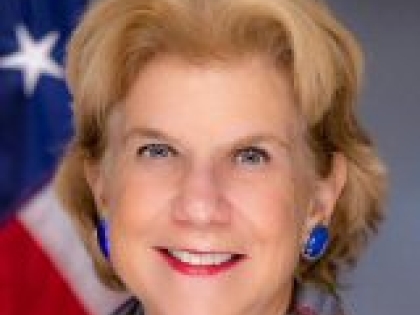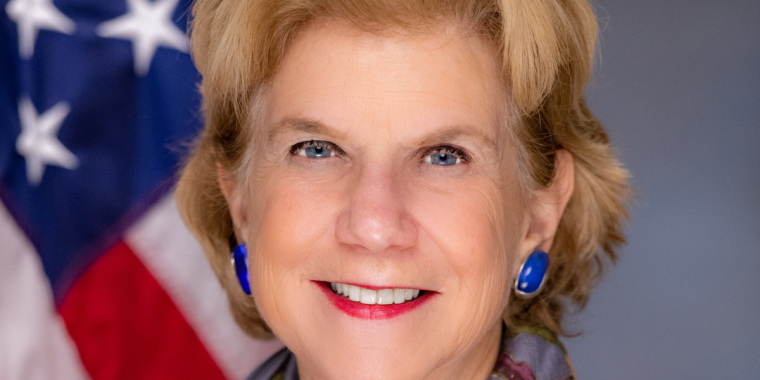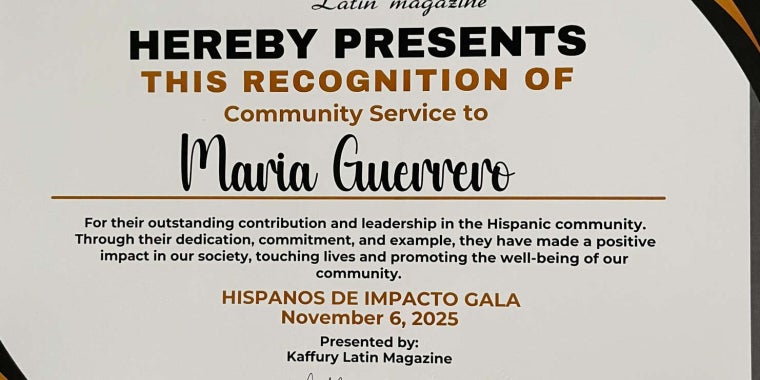
Regional Leaders Convene School Districts to Accelerate Electric School Bus Plans

As New York State’s 2027 deadline for zero-emission school buses approaches, Sustainable Westchester, State Senator Shelley B. Mayer, and the Lower Hudson Council of School Superintendents (LHCSS) convened over 50 education leaders from more than 25 school districts, along with state agencies, utilities, and clean energy experts at the Westchester County Center October 17 to help districts map out the road to electrification.
The forum brought together superintendents, business officials, and facilities leaders from across the Lower Hudson Valley for a practical discussion on how to meet the state’s mandate requiring all new school bus purchases to be zero-emission by 2027, with full fleet conversion by 2035–2037. The session provided clear guidance on funding, technical support, and planning resources to help districts move from intention to implementation.
Moderated by Sustainable Westchester Executive Director Noam Bramson, the event featured speakers from the Clarkstown, Scarsdale, Tarrytown, and Katonah-Lewisboro school districts, alongside experts from NYSERDA, the World Resources Institute’s Electric School Bus Initiative (WRI), and regional utilities. Sustainable Westchester also announced the availability of a new School Bus Electrification Toolkit, consolidating funding pathways, technical resources, and key contacts for all attendees and invitees.
 State Senator Shelley B. Mayer
State Senator Shelley B. Mayer
“This forum showcased what Sustainable Westchester does best—connecting trusted partners, practical programs, and local leaders to deliver measurable clean energy results,” said Noam Bramson, Executive Director of Sustainable Westchester. “We’re making it easy for school districts, just as we have for homeowners and municipalities, to take action that improves health, saves money, and accelerates the clean energy transition right here in our communities.”
State Senator Shelley B. Mayer said, “This important and informative meeting helped all our Hudson Valley school districts as they work to comply with the requirements for electronic school buses in the near future. I am pleased to partner with Sustainable Westchester and the
Lower Hudson Council of School Superintendents to offer practical and technical assistance to our schools in this complex transition to a cleaner environment for all.
Turning mandates into momentum
The discussion also addressed the real-world challenges districts face as they begin to electrify their fleets—from infrastructure and equipment needs to uneven access to funding and community readiness.
“It was important to bring people together to discuss the trials and tribulations of the emissions process,” said Dr. Marc Baiocco, Superintendent of Schools, Clarkstown Central School District, and past president of LHCSS. “This forum aimed to help districts develop roadmaps, overcome infrastructure gaps, and address funding and community challenges.”
In Clarkstown, Baiocco noted, the district owns its buses and must install charging infrastructure and replace non-compliant bus lifts—significant costs that vary across districts. “Funding sources are inconsistent—some are grant-based, and some districts don’t meet the eligibility thresholds,” he said. “That’s why sharing best practices, understanding amortization rates and operational costs, and learning from one another’s journeys is so valuable. It’s about accelerating our collective progress and ensuring no district navigates this transition alone.”
Forum discussions also offered peer-to-peer learning and practical steps for planning infrastructure, engaging utilities, and integrating electrification costs into future budgets.
A trusted partner for local climate action
Sustainable Westchester is leveraging its proven clean energy expertise to help schools take the next step in New York’s transition to zero-emission transportation. By connecting districts to funding and technical resources, the organization makes complex climate mandates achievable at the local level. Working with Logical Buildings and the City School District of New Rochelle, for example, SW helped reduce energy use across ten schools—earning the district more than $70,000 in demand response incentives and cutting nearly one megawatt of electricity demand during peak hours.
By turning policy into partnership and data into action, Sustainable Westchester is helping schools, municipalities, and residents move the region toward a cleaner, more resilient, and more affordable energy future.
What’s next
Following the forum, Sustainable Westchester will distribute its School Bus Electrification Toolkit, connecting districts to funding opportunities, technical assistance, and planning templates from NYSERDA, WRI, and utilities. The organization will continue working with partners to support schools as they develop their 2027 electrification plans and advance Westchester’s clean transportation future.


